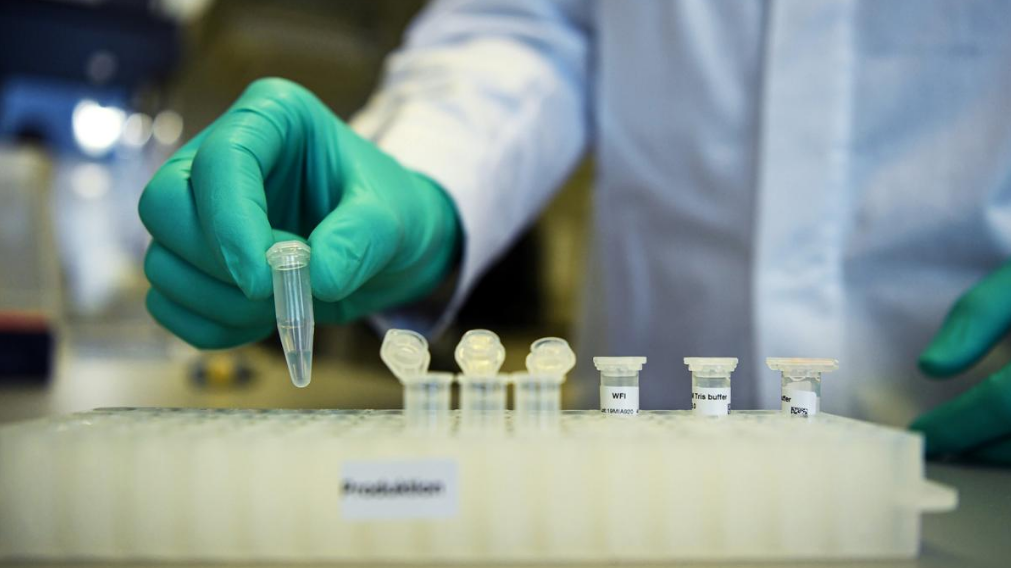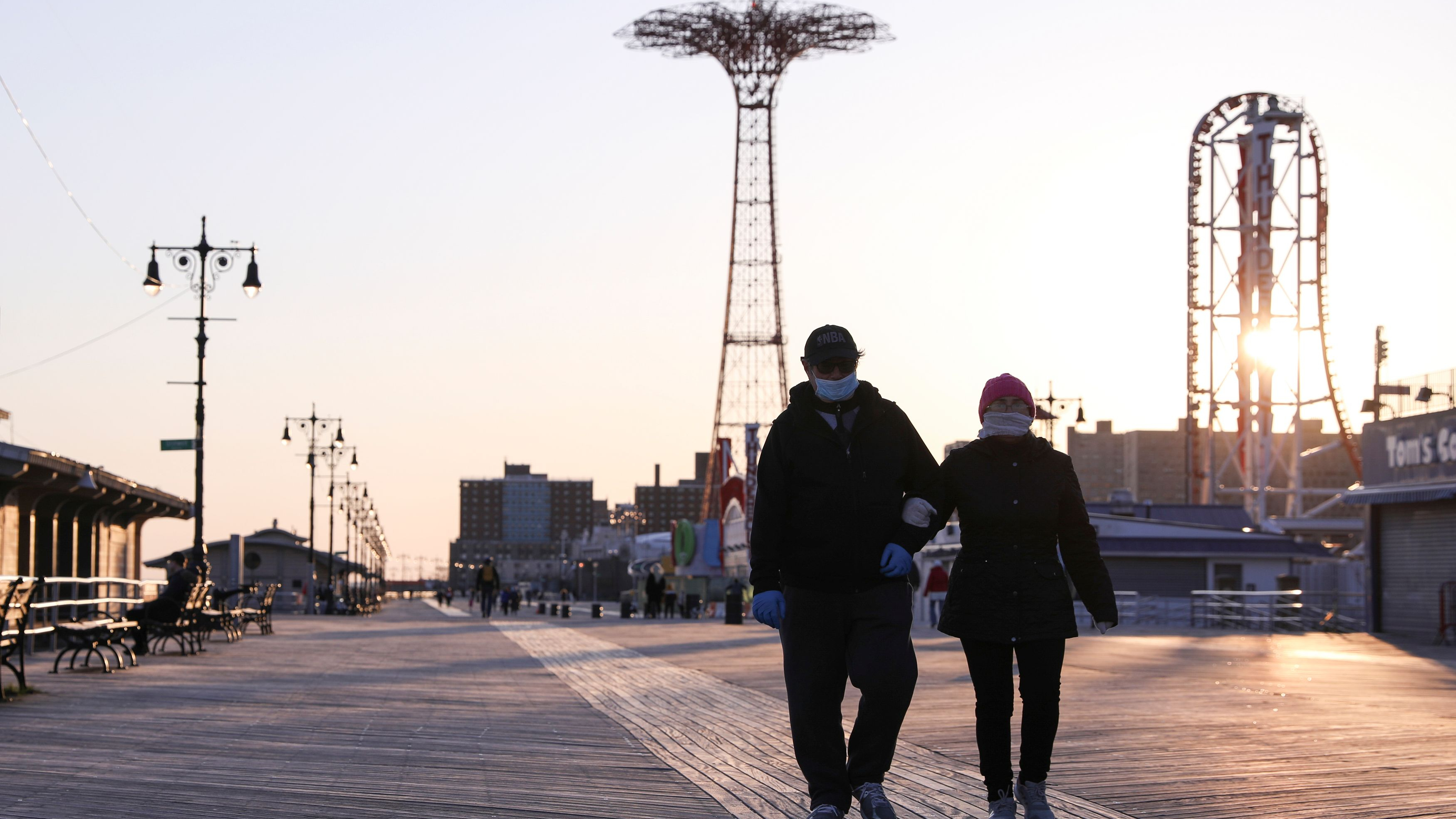
Editor's note: Bradley Blankenship is a Prague-based American journalist, political analyst and freelance reporter. The article reflects the author's opinions and not necessarily the views of CGTN.
The new administration of U.S. President Joe Biden signaled that it will remain a member of the World Health Organization (WHO) and will also join the global COVAX initiative to help deliver coronavirus vaccines to low-income countries. As the U.S. and most of the world are still grappling with the worst of the pandemic to date, this is a welcome move that will help the world conclude its fight against SARS-CoV-2.
Speaking from Washington on January 21, the U.S. top infectious disease expert Dr. Anthony Fauci told the WHO's executive board: "President Biden will issue a directive later today which will include the intent of the United States to join COVAX and support the ACT-Accelerator to advance multilateral efforts for COVID-19 vaccine, therapeutic, and diagnostic distribution, equitable access and research and development."
Biden also issued a host of pandemic-related executive orders aimed at containing the spread of the disease. They include a mask mandate on federal property, regulations on safe travel, an invocation of the Defense Production Act to maintain a healthy supply chain, more assistance for vaccine rollout, the creation of a "COVID-19 Response Office," the implementation of a new public information dashboard and others.
As promised, Biden and his team are working quickly to stitch together a competent federal government response to the worst public health disaster in recent memory – even promising 100 million vaccinations in the administration's first 100 days. With the U.S. recommitting to the WHO, it can be expected that this same seriousness will be carried over to international cooperation in fighting the pandemic.
After all, if Biden simply trusts the science, as he said on the campaign trail, then it would naturally lead to this outcome. The fact is that no one in the world is totally safe from COVID-19 until everyone is and this is why the WHO is so crucial.
For example, if the developing world does not have access to vaccines, then the coronavirus will still ravage many parts of the world. Such a situation would mean eradicating the virus may be impossible as new outbreaks emerge around the world and the potential for more contagious or virulent variants of SARS-CoV-2 becomes all the more dangerous. This is why COVAX is a duty for developed countries, not merely an act of charity.

People wearing protective masks walk past closed shops on the Coney Island boardwalk during the COVID-19 outbreak in Brooklyn, New York, U.S., April 11, 2020. /Reuters
People wearing protective masks walk past closed shops on the Coney Island boardwalk during the COVID-19 outbreak in Brooklyn, New York, U.S., April 11, 2020. /Reuters
Global cooperation on public health with the support of Washington may also help maintain fundamental institutions across the world by depoliticizing the pandemic. This year has seen a worldwide decrease in faith in government and media, which are crucial to the fabric of any society, and the damage has been done through a variety of factors.
While it may be tempting to blame certain demagogues, like former U.S. President Donald Trump, the pandemic swept through the world at an unfortunate time. Recent shifts in the dynamics of global information have become so apparent now in this current historical context that they can no longer be ignored; for example, our reliance on profit-driven social media platforms that depend on user engagement has created echo chambers ripe for bias and misinformation.
As Axios recently reported quoting data from Edelman's annual trust barometer, over half of Americans do not trust traditional media anymore. Fifty-six percent agree that "Journalists and reporters are purposely trying to mislead people by saying things they know are false or gross exaggerations" and 58 percent think that "most news organizations are more concerned with supporting an ideology or political position than with informing the public."
While it is certainly true that there is significant political bias in American media, the fact that trust fell off a cliff to this extent during a global pandemic shows that Americans are seeing COVID-19 as a partisan issue. This is extremely dangerous – and unfortunately not confined to the U.S. as countries around the world face similar degradation in public trust.
A globally re-engaged Washington can work with, or potentially lead, the international community to dispel harmful myths about the pandemic, cast aside conspiracies related to the origin of the novel coronavirus, inform the global public about the safety of vaccination and generally work to rebuild precious trust. Recommitting to the WHO and joining COVAX are healthy signs that Washington might be on that track.
(If you want to contribute and have specific expertise, please contact us at opinions@cgtn.com.)

